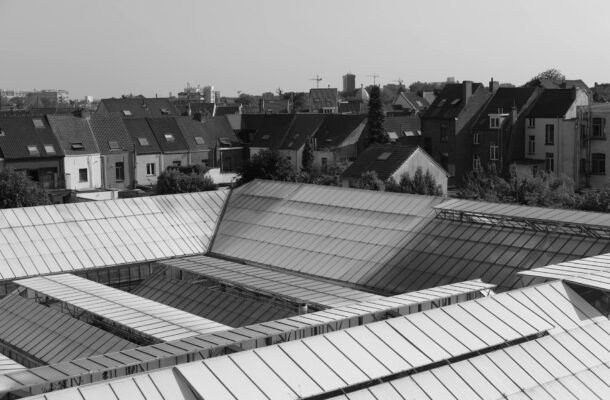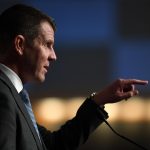Seize the decade

Millions more Australian families could directly benefit from rooftop solar and batteries under an Australian-first plan that spells out how we can electrify the nation and cut climate pollution this decade.
Hot on the heels of the hottest year on record, the Seize the decade report outlines a clear pathway for every sector of the economy to cut climate pollution so Australia can prosper as the world embraces clean energy like solar and wind.
Using proven and available technologies, the report concludes Australia can slash climate pollution by 75% this decade by supercharging solar, wind and storage to build a bigger electricity system and reach 94% renewable energy in our grid by 2030.
Putting solar panels on the rooftops of two in three Australian homes would generate 24 gigawatts of electricity to help power our lives and drive down the costs of living while shifting the way we move, by swapping polluting vehicles for cleaner, cheaper-to-run electric cars and choosing other, non-polluting transport options more often.
Making new buildings all-electric, electrifying existing homes and businesses and upgrading their energy efficiency would also cut emissions while using clean energy and readily-available alternatives in our industrial processes would cut industrial use of coal by 41%, oil by 86% and gas by 31%.
By maximising our world-class solar and wind resources, we can close all coal-fired power stations and begin phasing out polluting gas by the end of this decade. This will slash climate and air pollution, and build a safer and healthier future for our children.
Amanda McKenzie, Climate Council CEO said: “Australian communities are being hurled from flooding rains to scorching heatwaves to deadly fires, and back again. We understand more clearly than ever that life as we know it is under threat, and we must slash climate pollution this decade.
“There is no safe level of climate pollution and everything we do to reduce it matters. We can seize the decade and drive down climate pollution by electrifying our nation and building out a modern industrial base that underpins our prosperity for generations to come.
“Solutions that work across every part of our economy are proven, available, underway and ready to be scaled up. There can be no excuses for failing to protect our children’s future.”
Dr Harriet Fesq, Chair of Parents for Climate, said: “All parents want the best for their children. Nothing is more important to us than our kids growing up happy, healthy and safe.
“Everybody knows that climate pollution is doing us harm. As a parent, I worry about the consequences of burning even more coal, oil and gas for my kids.
“Today’s choices shape the kind of world our kids inherit. Making deep and lasting cuts to climate pollution now means our kids breathe easier, have better health outcomes and work in good, long-term jobs. What parent wouldn’t want that for their kids?”
Tim Nelson, Climate Councillor and energy expert, said: “Australia has come a long way. Renewables now make up 40% of our electricity needs, more of us drive electric vehicles than ever before, and one in three families already have solar panels on their roof. We’re on the right path, now we need to accelerate along it.
“Seizing the decade means giving more power to the people, slashing climate pollution three times faster than we are now and retiring all coal-fired power stations. To do this, we need a bigger grid that’s 94% powered by renewables, and we need to more than double the number of rooftops turning sunshine into energy.
“Australia’s shift to a clean economy is under way, but we need to keep moving or we risk getting left behind. The ‘Seize the Decade’ report shows how Australia can capitalise on our world-beating renewable resources and industry know-how to supercharge our momentum, make more things here and set our economy up for long-term success.”
Open Forum is a policy discussion website produced by Global Access Partners – Australia’s Institute for Active Policy. We welcome contributions and invite you to submit a blog to the editor and follow us on Twitter, Facebook, Linkedin and Mastadon.












